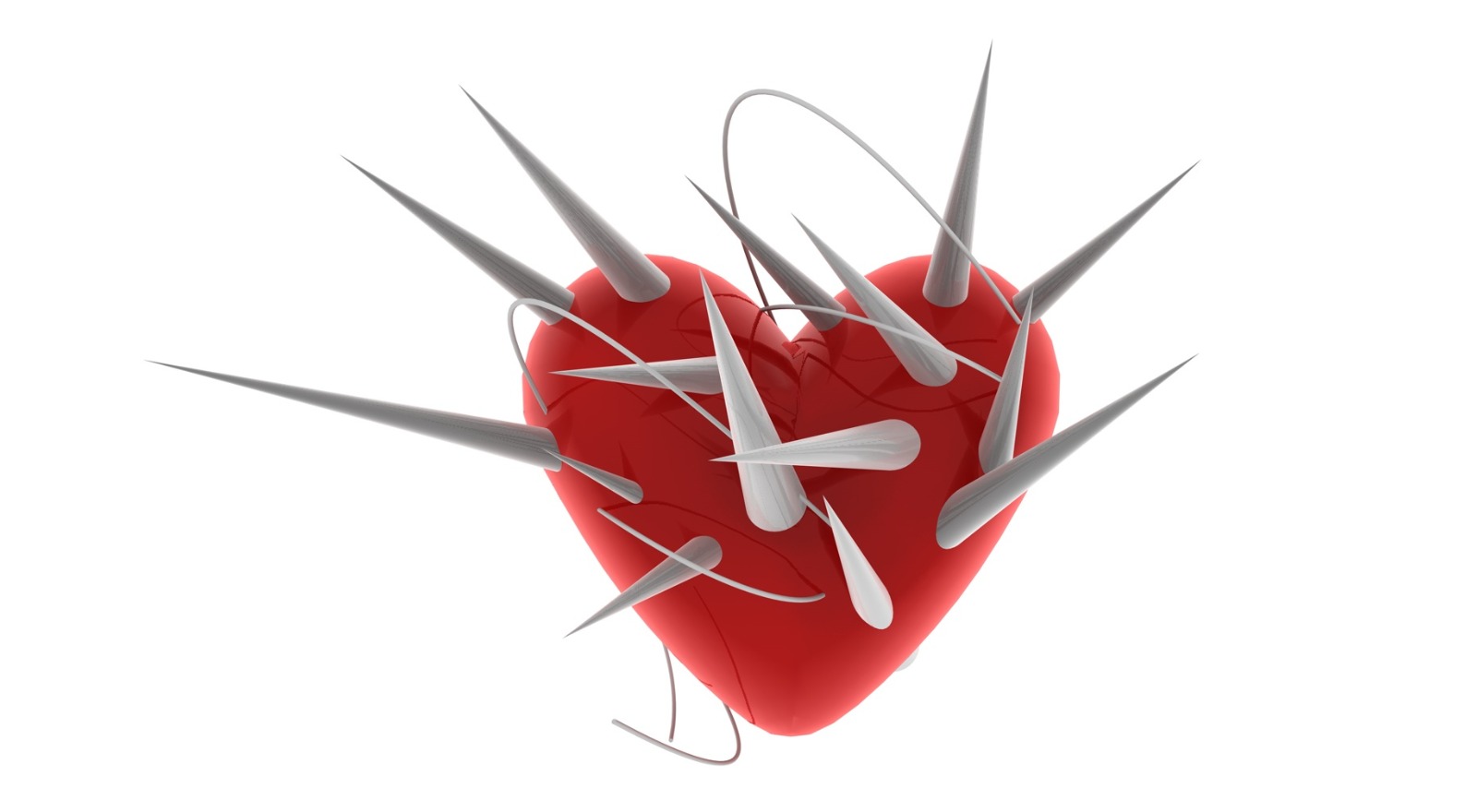The risk is even higher for women, research suggests.
Gout increases the risk of cardiovascular disease by 60%, and the risk is even higher in women and young people, according to new research.
The case-controlled study of more than 860,000 US adults found that the excess cardiovascular risk conferred by gout was almost 50% in men.
But in people aged under 45 the risk was more than double (HR 2.22). And women with gout were 88% more likely to develop cardiovascular disease compared to matched controls.
The study included more than 150,000 participants with gout, had an average age of 56 and were mostly men (almost 80%).
Over a median follow-up of 6.5 years, 21% of participants with gout developed cardiovascular disease compared with 15% of those without gout.
In the study, 12 different conditions were included under the spectrum of cardiovascular diseases, including stroke, heart failure, arrhythmias, aortic aneurysm, ischaemic heart disease, thromboembolic diseases and valve disease.
Researchers conceded the study showed what one might be expected – that those adults with gout were more likely to have other cardiovascular risk factors such as a higher BMI, dyslipidaemia, hypertension and type 2 diabetes.
However, even adjusting for the presence of these risk factors there was still an excess risk of cardiovascular disease related to gout in the order of 30%.
“Current strategies to reduce cardiovascular risk in people with gout need to be further developed and implemented,” the researchers said in The Lancet Rheumatology.
“Inclusion of gout into routinely used cardiovascular risk scores, such as QRISK, and into cardiovascular disease prevention guidelines appears warranted.”
Perth rheumatologist and clinical associate professor at the University of Western Australia, Dr Helen Keen, said the study confirmed that gout was associated with an increased risk of cardiovascular disease.
“The novel thing about [this study] is that it broadens what it’s looking at from the traditional cardiovascular disease that we think of as associated with gout – that is, heart attacks and heart failure – to look at other things that we might not have thought was associated with gout, such as valvular disease or atrial fibrillation,” she told The Medical Republic.
“It’s further evidence that we need to be treating gout as a chronic condition and managing it better.
“We need to reframe the community’s perception of gout that it affects certain people, or that people earn the gout through their behaviour, because it’s not that at all.
“It certainly can affect young people. It certainly can affect older women. It very rarely affects young women, probably because of their oestrogen hormones, but certainly older women and younger men can get gout and they’re the people who have some of the worst outcomes.”
Professor Keen said the relationship between urate and cardiovascular outcomes had been studied extensively, and studies had shown that high serum urate in a person without gout was not conclusively associated with poor cardiovascular outcomes.
“Hyperuricemia per se has not definitively been established to be associated with poor cardiovascular outcomes.
“Hyperuricemia drives gout, but it’s probably multifactorial – the inflammation that people get from acute gout or the inflammation from chronic gout, or a combination of those things.
“If you lower the uric acid so that people with gout no longer get gout, then almost certainly you would assume from scientific principles that their cardiovascular risk would reduce, but it’s very difficult to prove that definitively in an RCT because it’s probably unethical to do and you need very big numbers.
“The challenge is to optimally manage gout, particularly in those young men and women. And this is an issue for the whole community, from changing community perceptions, healthcare seeking behaviours, therapeutic adherence, and clinicians’ awareness of the issues and guidelines,” Professor Keen said.


